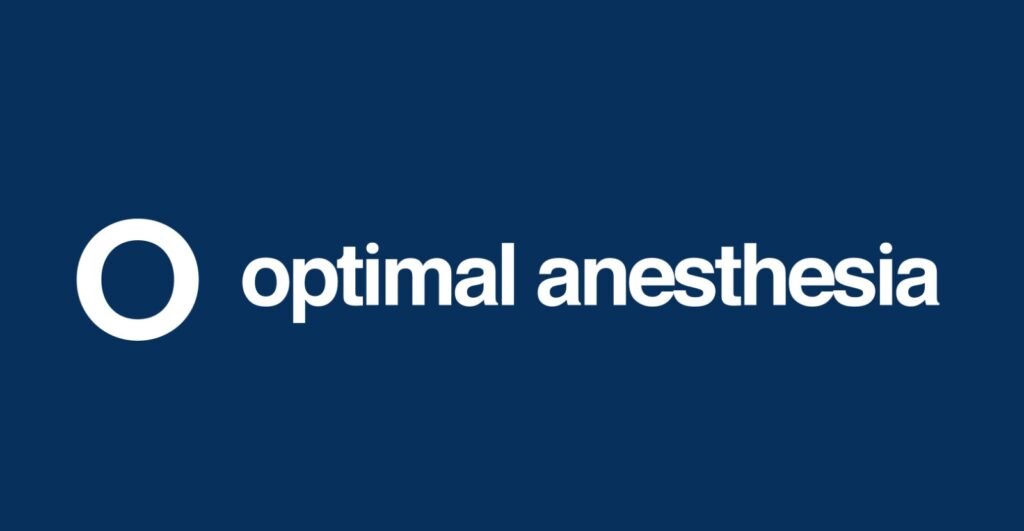Magnesium Sulphate: Clinical Uses, Pharmacology, Physiology, and Toxicity
IntroductionMagnesium sulphate (MgSO4) is a versatile compound with wide-ranging clinical applications due to its physiological importance. In this article, we will explore its clinical uses, basic pharmacology, physiology, and potential toxicity. Clinical Uses Clinical Condition Mechanism of Action Pre-eclampsia and Eclampsia Reduces systemic vascular resistance, CNS excitability. Tocolysis Induces uterine relaxation. Acute Arrhythmias Effective in … Read more




